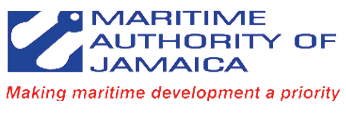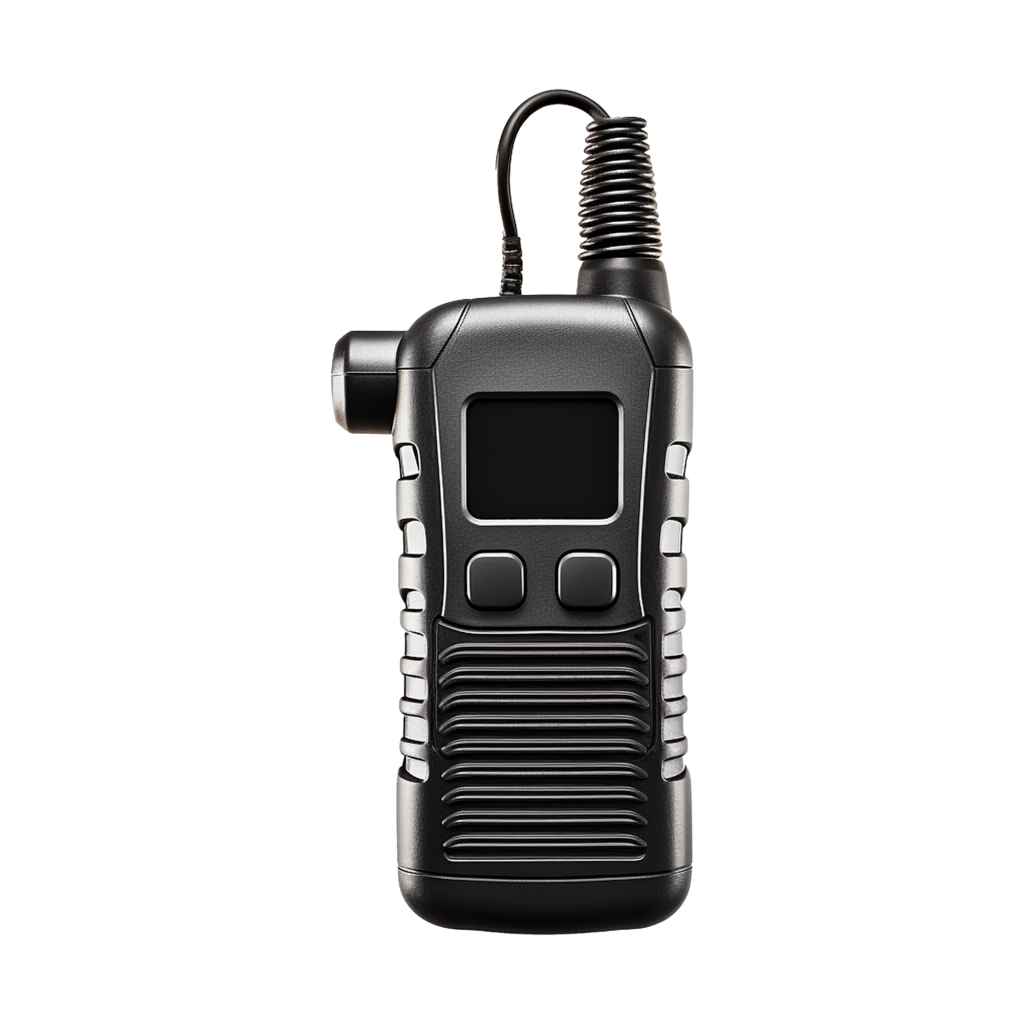Opening Hours: Mon – Fri: 8:00 am – 6:00 pm
Learn how band planning can improve spectrum management and maximize network performance.
Applying for a mobile spectrum license with SMA is a simple process. Follow these steps to get started.

To operate within the internationally allocated radio service, a license is not just a formality—it’s an essential requirement for ensuring the safety of life and property at sea and on inland waterways. This license empowers you to engage in critical ship-to-ship and ship-to-shore communications, fostering effective coordination and emergency response. By obtaining this license, you are not only adhering to legal standards but also reinforcing your commitment to maritime safety and efficient navigation. Equip yourself with the necessary tools to protect lives and secure your operations on the water. Get licensed, be safe.
The Shipping Act of 1998, therefore, created the legal regime to govern maritime affairs in Jamaica and provided for the establishment of a maritime administration (MAJ) to administer and enforce its provisions. It also enunciated part of a maritime development policy which focused on the structured expansion of ship registration and crewing activities with the objective of maximizing the potential of the Maritime Sector in contributing to the socio-economic well being of the nation. Maritime safety, marine pollution prevention and the welfare of (Jamaican) seamen are the primary areas of focus of the Authority.

The scope of activities of the MAJ as laid out in section 8 of the Shipping Act are to:
1.Registered Jamaican Number
(from Maritime Authority of Jamaica)
$
Your spectrum license fee will be calculated based on the technical parameter of your application


Distress Calling and Safety: A marine radio is an essential safety equipment item when out on the water, allowing for communication with other vessels, logging on and off, and making distress and emergency calls to marine rescue
Maritime radiocommunication is used in transportation, commercial fishing, leisure sailing, and natural resources sectors, among others
VSAT (Very Small Aperture Terminal) is a satellite communications system that provides internet connectivity and data transmission through a small dish antenna, typically ranging from 0.75 to 3.8 meters in diameter. These terminals are used in various applications, including remote internet access, voice communication, and data networking in areas where traditional infrastructure is unavailable or impractical.
To obtain an VSAT/Earth Station radio license, you need to submit an application to the spectrum management authority and meet the necessary requirements.
Satellite services typically operate across several frequency bands, each with its own characteristics and applications. The main frequency bands used are:
Satellite services offer numerous benefits across various sectors, making them a vital component of global communication and data transmission. Some of the key advantages include:
While satellite internet services are available in Jamaica, there are regulations regarding broadcasting and satellite signal theft, with the Spectrum Management Authority (SMA) responsible for monitoring and enforcing these rule
Get authorized to use the mobile spectrum and expand your services.